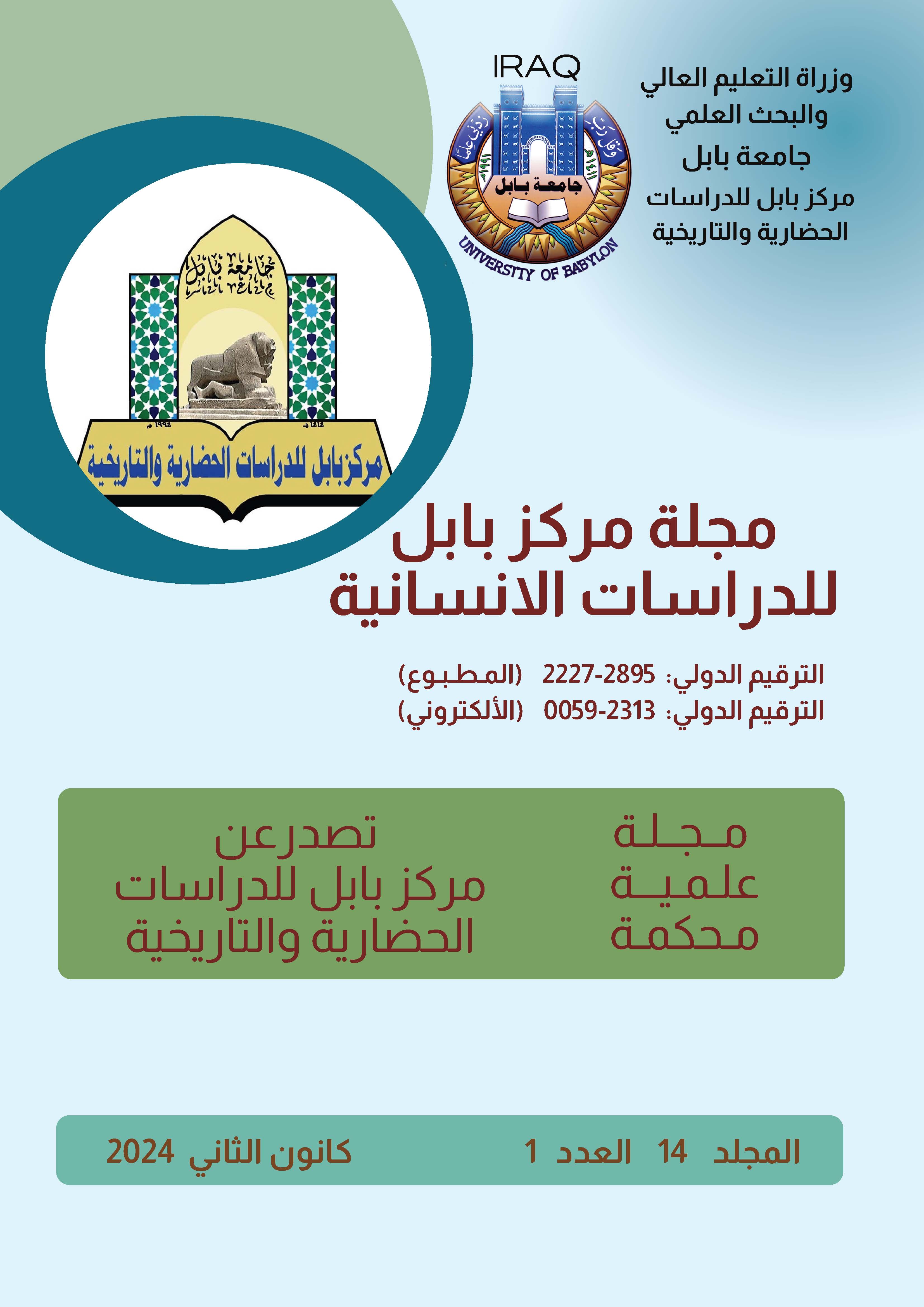تأثير المقامة العربية على المقامة العبرية الأندلسية
الكلمات المفتاحية:
المقامة العبرية، المقامة العربية، الحريري، الحريزيالملخص
تلقي هذه الدراسة الضوء على جنس أدبي ظهر في القرن الثامن يعرف باسم "المقامة". المقامة أسلوب أدبي من النثر الفني ظهر في المشرق على يد بديع الزمان الهمذاني وحذا حذوه الحريري، وازدهرت المقامة في مختلف البيئات العربية بما فيها الأندلس. وانتشرت المقامة خاصة في زمن ملوك الطوائف في الأندلس. ومقامات الحريري منتشرة ليس فقط في الشرق، بل في الغرب أيضاً، وذاع صيتها وانتشرت بشكلٍ كبير. وقد تأثر اليهود في هذه الفترة بأعمال الأدب العربي شعرًا ونثرًا ولم يتناسوا أهمية اللغة العبرية من خلال التأكيد على أن اللغة العبرية لغة غنية ولها مفردات غنية. كان هدف الحريزي من تجميع المقامات هو إثبات أن اللغة العبرية قادرة على كل ما تستطيع اللغة العربية القيام به .
تعود جذور المقامة العبرية إلى التقليد الشعري اليهودي القديم. لكن في العصر الأندلسي اكتسبت المقامة العبرية خصوصية كنوع فني مستقل، حيث تأثرت بالألحان العربية والتأليف الموسيقي الفريد للفن الأندلسي. إن إحياء اللغة العبرية، وخاصة لغة الكتاب المقدس، كان أهم أهداف الحريزي في كتابة مقاماته باللغة العبرية وفي هذا يقول: (لقد كتبت هذا الكتاب لإظهار قوة اللغة المقدسة للشعب المقدس).
وفعلاً كان الحريزي هو ما أراد، فقد أحيا لغته العبرية وأصبح اليهودي الوحيد الذي استطاع أن يكتب خمسين مقاماً باللغة العبرية، على غرار المقامة العربية الفصحى. ولعله من المعروف أن اليهود لم يلمسوا الكتابات الأدبية إلا بعد اتصالاتهم بالعرب وبعد إعجابهم بالمراسلات الشعرية والنثرية، وغيرتهم على لغتهم العبرية، وبدأوا في تقليد الشعر العبري الإيقاعي والمقفى، ونظم الشعر العبري على نفس أساس الشعر العربي.







